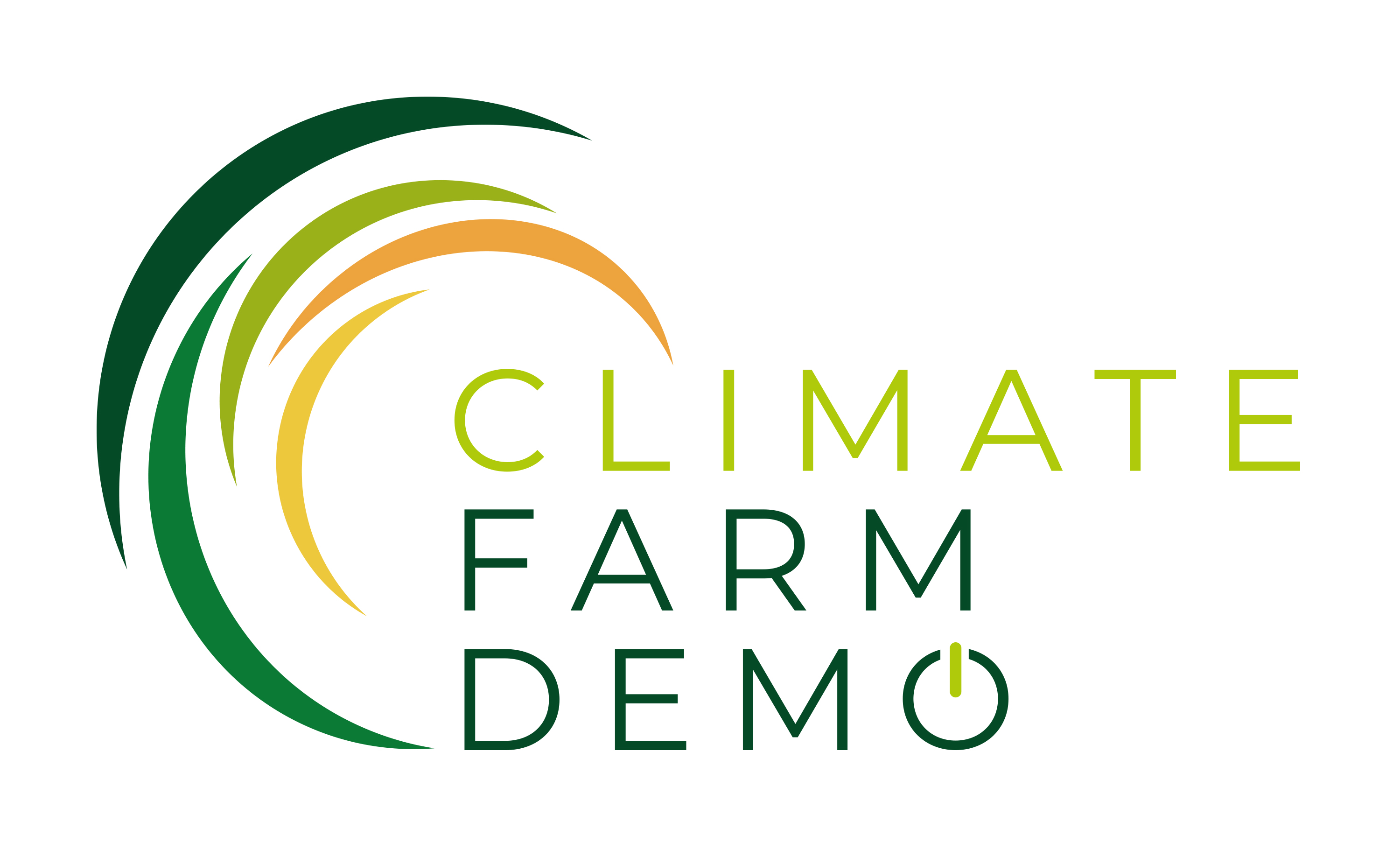© Foto: Yulian Alexeyev via Unsplash; Cover: Climate Farm Demo, 2025
Incentivizing Farm-level Climate Action through Rewarding Mechanisms
A categorization framework
- Publication
- Citation
Scheid, Aaron; Pazmino Murillo, Julia; McDonald, Hugh et al. (2025): Incentivizing farm-level climate action through rewarding mechanisms. A categorization framework. Deliverable of the Horizon Europe project "A European-wide network of pilot farmers implementing and demonstrating climate smart solutions for a carbon neutral Europe".
Europe's agricultural sector holds tremendous potential to advance climate and environmental goals, but realizing that potential depends on the right mix of funding and targeted support. This report, led by Ecologic Institute together with partners in the Climate Farm Demo (CFD) project, introduces a framework to better understand and navigate the wide variety of rewarding mechanisms that encourage farmers to adopt climate-smart practices.
A Clearer Overview of Europe's Rewarding Landscape
Drawing on a literature review, a survey of national CFD coordinators, and expert workshops, the framework categorizes rewarding mechanisms that reward actions such as carbon removal, emissions reduction, and climate adaptation. Across the EU, these incentives take many forms: from direct payments and grants to social rewards and enabling policies. While mitigation-focused tools are well established, those supporting climate adaptation remain scarce.
At the same time, supportive and regulatory incentives are often overlooked, and farmers continue to face challenges in identifying relevant programs and navigating administrative requirements.
Toward a Smarter Mix of Climate Incentives
The report emphasizes that rewarding mechanisms should function as part of a coherent policy mix, reinforcing one another to accelerate the shift toward climate-smart, resilient farming. By mapping existing tools and sharing practical examples, Ecologic Institute’s work helps farmers and farm advisors, policymakers, other stakeholders see how well-designed rewarding mechanisms can make sustainable agriculture both achievable and rewarding.




